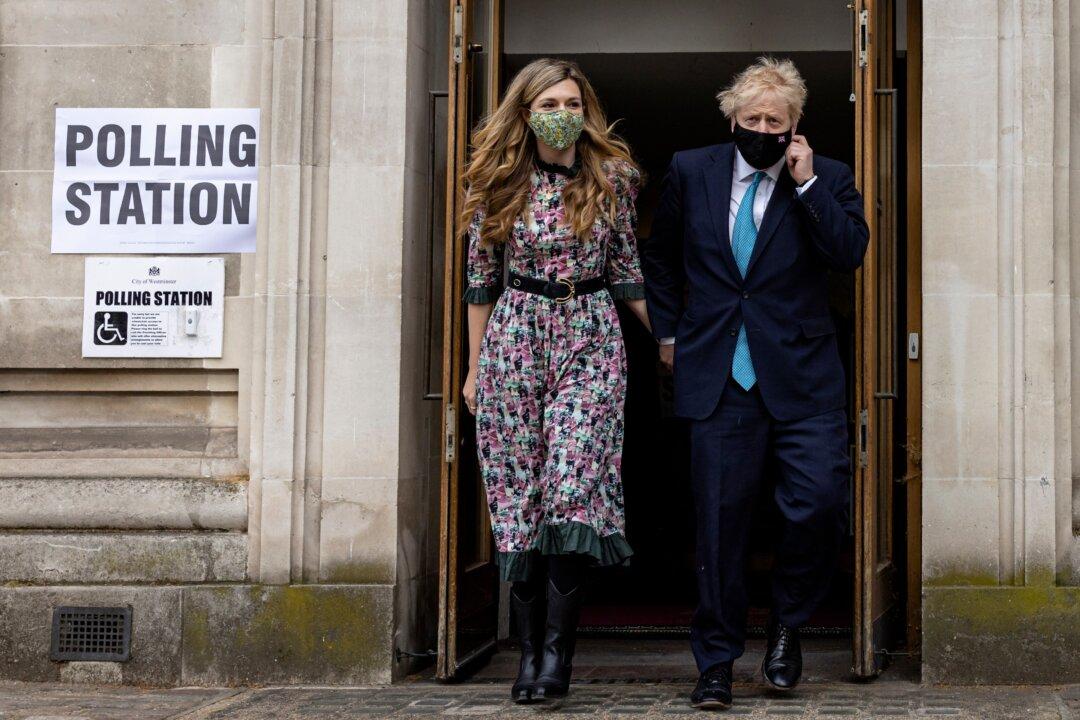The UK government’s plan to introduce voter ID is intended to stamp out the “inexcusable potential” for someone to steal another person’s vote at the polling station, a Cabinet Office spokesman has said.
Responding to calls from the opposition Labour party and mostly left-wing groups for the government to drop the election reform plan, the spokesman said on Thursday: “In our current electoral system, there is inexcusable potential for someone to cast another’s vote at the polling station.





